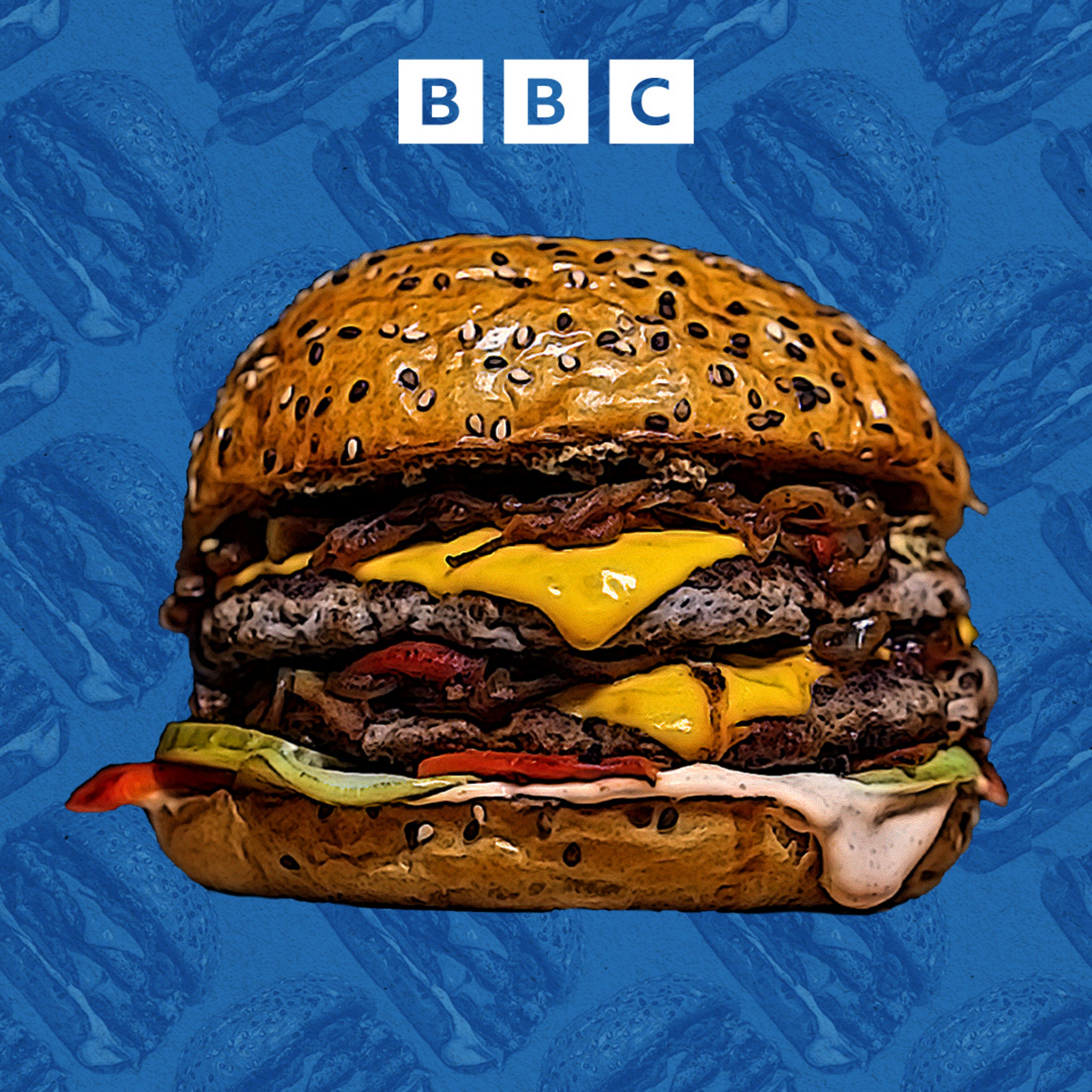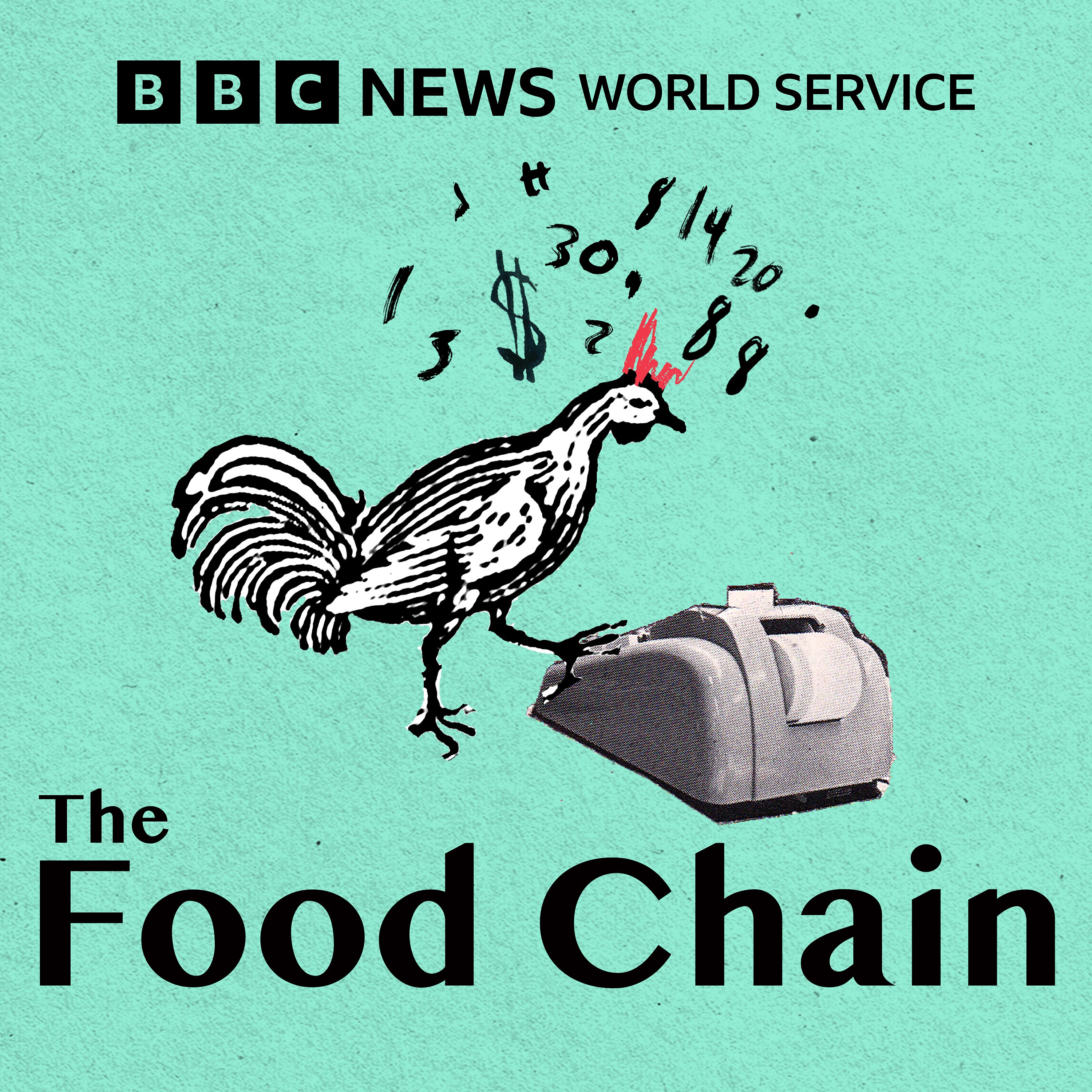
Deep Dive
Why did fast food become so popular in the United States after World War II?
Fast food emerged as a response to the societal changes post-WWII, including the rise of car culture, economic boom, and baby boom. It democratized dining by making affordable, convenient food accessible to a broader audience, especially after the Great Depression when dining out was considered a luxury.
How has the franchise model contributed to the global spread of fast food?
The franchise model allows parent companies to standardize products and procedures, ensuring consistency worldwide. Franchisees, who own individual locations, pay a percentage of sales to the parent company, benefiting from the global reputation and standardized systems, which boost sales compared to local restaurants.
Why did McDonald's fail in Iceland?
McDonald's struggled in Iceland due to the local burger culture and the global financial crisis of 2008, which severely impacted the Icelandic krona. The company's strict supply chain standards, requiring imported ingredients, became economically unfeasible as the currency devalued.
What role does local culture play in the success or failure of fast food chains globally?
Local culture influences how fast food is perceived and consumed. In some countries, it’s a convenience food, while in others, it’s a place for celebrations or communal gatherings. In Iceland, local burger culture and economic factors contributed to McDonald's failure, while in Nigeria, land ownership restrictions hinder global chains from expanding.
What are the criticisms against global fast food chains?
Critics argue that global fast food chains harm local economies and the environment by relying on large, non-local suppliers. They also face scrutiny for their impact on public health and community well-being, as their practices often don’t align with local interests.
How does Jackie Tan, a KFC superfan, evaluate the quality of KFC in different countries?
Jackie Tan assesses KFC based on four criteria: taste, freshness of the chicken, crispiness, and aroma. He has ranked KFC in Mongolia as his top choice due to its perfect combination of crispy skin and tender meat, while his worst experience was in Barcelona, where the chicken was tough and rubbery.
Why are there no McDonald's in Nigeria?
Nigeria employs the infant industry argument to protect local businesses and jobs by restricting foreign ownership of land. This prevents multinational chains like McDonald's from establishing a strong foothold, as they require ownership of land to operate effectively.
How does Chef T, a Nigerian entrepreneur, compete with global fast food chains in Lagos?
Chef T offers high-quality, traditional Nigerian dishes with fast delivery, catering to the growing demand for convenience food in urban areas. Her business, Home of Tasty Meals, focuses on providing fresh, local food, which sets her apart from global chains like Burger King and Domino's.
Shownotes Transcript
From America to Mongolia, you can go into a restaurant run by a global fast-food chain, and buy the same meal. So how did fast food become so successful?
Across the world, last year we spent more than 900 billion dollars on fast food. The USA, where it all began, consumes the most, but even in France, despite its history of haute cuisine, more than half of households regularly enjoy burgers and fries.
Julia Paul learns about its origins in the USA, and hears how it spread globally, thanks to the franchise model. She speaks to a superfan who’s eaten at one chain in 25 countries.
Critics say global brands shipping food around the world is bad for the environment and for local economies. There are some places where some brands have failed, and some where they haven’t even opened yet. Julia hears how local burgers, and the worldwide recession, saw off McDonalds in Iceland, and speaks to a Nigerian female chef who’s competing to offer fast local food in Lagos.
If you would like to get in touch with the programme, email [email protected].
Presented and produced by Julia Paul.
(Image: A large burger. Credit: Getty Images/BBC)
